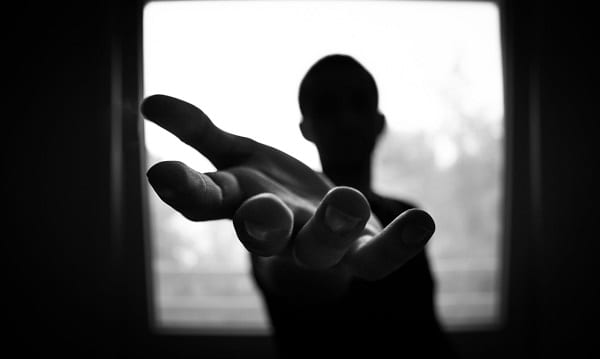BALTIMORE, MD—U.S. Attorney Robert K. Hur of the District of Maryland this week announced that Maryland has received $999,990 from the Department of Justice’s Office of Justice Programs and its component, the Office for Victims of Crime, to provide safe, stable housing and appropriate services to victims of human trafficking.
“Human trafficking is a barbaric criminal enterprise that subjects its victims to unspeakable cruelty and deprives them of the most basic of human needs, none more essential than a safe place to live,” said Attorney General William P. Barr. “Throughout this Administration, the Department of Justice has fought aggressively to bring human traffickers to justice and to deliver critical aid to trafficking survivors. These new resources, announced today, expand on our efforts to offer those who have suffered the shelter and support they need to begin a new and better life.”
“Human traffickers prey on our most vulnerable—including children—in order to profit from their victims’ misery. Traffickers often use violence and exploit drug addictions in order to coerce their victims into such crimes as commercial sex rings,” said U.S. Attorney Robert K. Hur. “These grants will help to provide resources to the vulnerable victims of this reprehensible crime. The Maryland U.S. Attorney’s Office and our partners will never stop working to end human trafficking.”
The grant, awarded to the Salvation Army and the University of Maryland SAFE Center for Human Trafficking Survivors, will provide six to 24 months of transitional or short-term housing assistance for trafficking victims, including rental, utilities or related expenses, such as security deposits and relocation costs. The grant will also provide funding for support needed to help victims locate permanent housing, secure employment, as well as occupational training and counseling. The Salvation Army and the University of Maryland SAFE Center are among 73 organizations nationwide receiving more than $35 million in OVC grants to support housing services for human trafficking survivors.
“The Salvation Army of Central Maryland is committed to assisting survivors of human trafficking in reclaiming their lives and determining their futures,” said Beth Luthye, Anti-Human Trafficking Program Director for The Salvation Army of Central Maryland. “Over the past few years, our core focus has been short-term housing and intensive care management. This OVC grant will enable us to expand our services to also provide supportive transitional housing and independent housing assistance, as well as partnering with business and community leaders to build out initiatives focused on employment and financial independence.” Ms. Luthye added, “The Salvation Army program, based in Baltimore City, targets adult survivors of both sex trafficking and labor trafficking throughout the state of Maryland. It is inclusive of women who often find closed doors at other residential programs, including pregnant women, mothers of young children, transgender individuals, and foreign nationals.”
“Stable housing is foundational to human trafficking survivors’ ability to rebuild their lives,” said SAFE Center Founder and Director, Susan Esserman. “We feel fortunate to be partnering with the Montgomery County Department of Health and Human Services in a rapid rehousing model to address this urgent housing need. We are grateful for this OVC funding as lack of safe housing is a driver of trafficking.”
“Human traffickers dangle the threat of homelessness over those they have entrapped, playing a ruthless game of psychological manipulation that victims are never in a position to win,” said OJP Principal Deputy Assistant Attorney General Katharine T. Sullivan. “These grants will empower survivors on their path to independence and a life of self-sufficiency and hope.”
Human trafficking offenses are among the most difficult crimes to identify, and the scope of human trafficking victimization may be much greater than the limited data reflect. A new report issued by the National Institute of Justice, another component of the Office of Justice Programs, found that the number of human trafficking cases captured in police reports may represent only a fraction of all such cases. Expanding housing and other services to trafficking victims remains a top Justice Department priority.
The Office for Victims of Crime, for example, hosted listening sessions and roundtable discussions with stakeholders in the field in 2018 and launched the Human Trafficking Capacity Building Center. From July 2018 through June 2019, 118 OVC human trafficking grantees reported serving 8,375 total clients, including confirmed trafficking victims and individuals showing strong indicators of trafficking victimization.
A complete list of individual award amounts and jurisdictions that will receive funding can be found below.
Click to access htvictimsfactheet.pdf
Do you value local journalism? Support NottinghamMD.com today.

